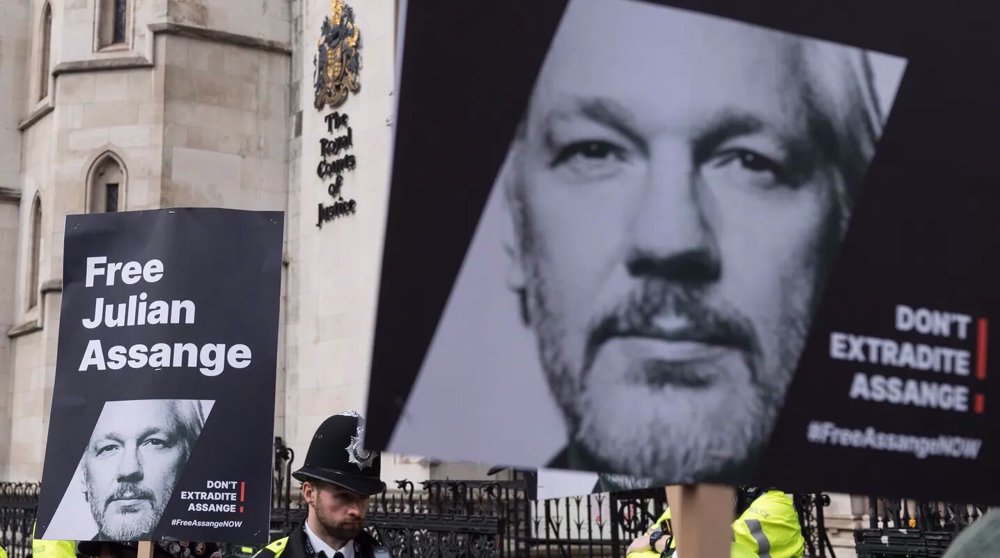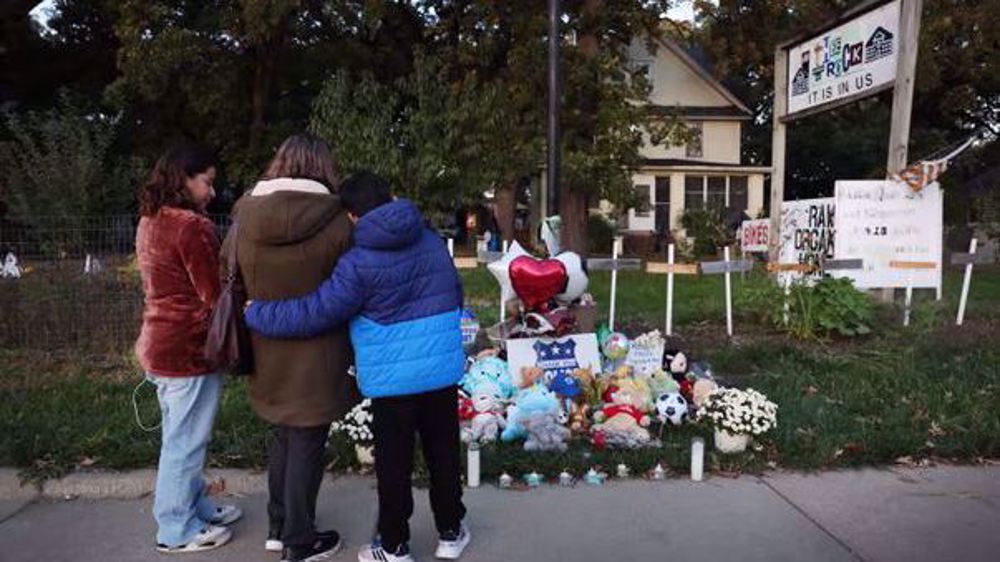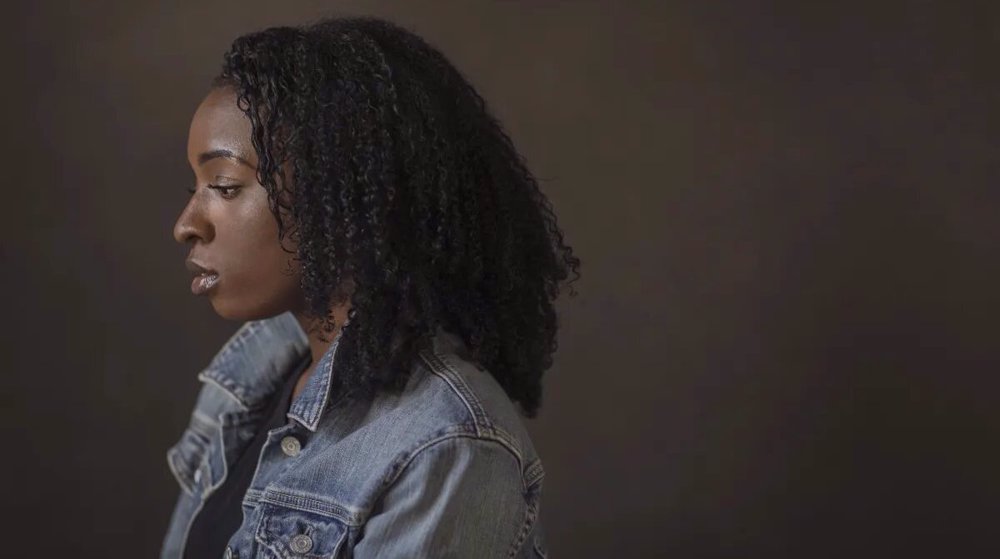Americans hold protests in support of seriously ill Mumia Abu-Jamal
US activists have held demonstrations across the country to express their support for American political prisoner Mumia Abu-Jamal, who is seriously ill and not receiving proper medical care, Press TV reports.
South African archbishop Desmond Tutu also attended the protests, dubbed as the National Day of Action for Mumia, on Friday. He called on authorities to promptly free Abu-Jamal and provide him proper medical treatment.
Protesters said prison authorities in Pennsylvania are attempting to murder the 60-year-old African American activist by triggering a diabetic shock, Press TV correspondent Caleb Maupin reported from New York.
Abu-Jamal was hospitalized last month for what his family said was treatment for complications from diabetes.
He was released from a hospital in Pottsville, Pennsylvania, on April 1, and returned to the prison, where his health is fast deteriorating, according to activists.

“Mumia has severe diabetes, and he is not getting the proper medical treatment that he needs,” Henry Hagins of Free Mumia Coalition told Press TV.
"Mumia is on a wheelchair. He is too weak to stand. His blood sugar is going all over the place," he added.
Protesters accused Pennsylvania state authorities of attempting to silence the eminent activist by depriving him medical treatment.
"They want to silence Mumia through medical neglect, and incompetence," said Orie Lumumba, an anti-racist activist. "They have attempted to bring on diabetes and triggering a diabetic shock to silence Mumia permanently."
Abu-Jamal was arrested and charged with murdering white police officer Daniel Faulkner in Philadelphia in December 1981. One year later, he was tried, convicted, and sentenced to death. But he was resentenced to life in prison in 2012.
Abu-Jamal, who was formerly a radio announcer and the president of the Philadelphia Association of Black Journalists, maintains that he is innocent and has submitted numerous appeal requests based on allegations of judicial bias, police brutality, and an inadequate defense during his arrest and trial 32 years ago.
After his controversial trial drew international attention, late South African leader Nelson Mandela, Amnesty International, the Free Mumia Abu-Jamal Coalition, several members of Congress, and a number of celebrities expressed support for Abu-Jamal.

Abu-Jamal, who graduated from Goddard in 1996, said that his studies at the college provided him an opportunity to learn about important figures in far-off places.
Before his arrest, Abu-Jamal was known for his outspoken political views and commentary on racial injustice and police brutality.
Abu-Jamal joined the Black Panther Party at the age of 15 in May 1969 and helped form the Philadelphia branch of the party. He was a member of the Black Panther Party until October 1970 and was subject to FBI COINTELPRO surveillance from 1969 until about 1974.
The civil right activist has written several books during his years in prison and continues to protest against his conviction on prisonradio.org.
GJH/GJH
VIDEO | Iran’s National Army Day marked at the Iranian embassy in Moscow
VIDEO | Iranian culture fosters further development, understanding in SA
VIDEO | People in Amman hold protest in support of Palestinians
French police arrest man after threatening to detonate himself at Iran consulate
Yemenis, Jordanians reiterate support for Palestinians in Gaza
Iranians rally nationwide in support of Operation True Promise
Raeisi: Operation True Promise ‘a necessary response’ to Israel
OIC slams US for blocking Palestine’s bid for full UN membership









 This makes it easy to access the Press TV website
This makes it easy to access the Press TV website